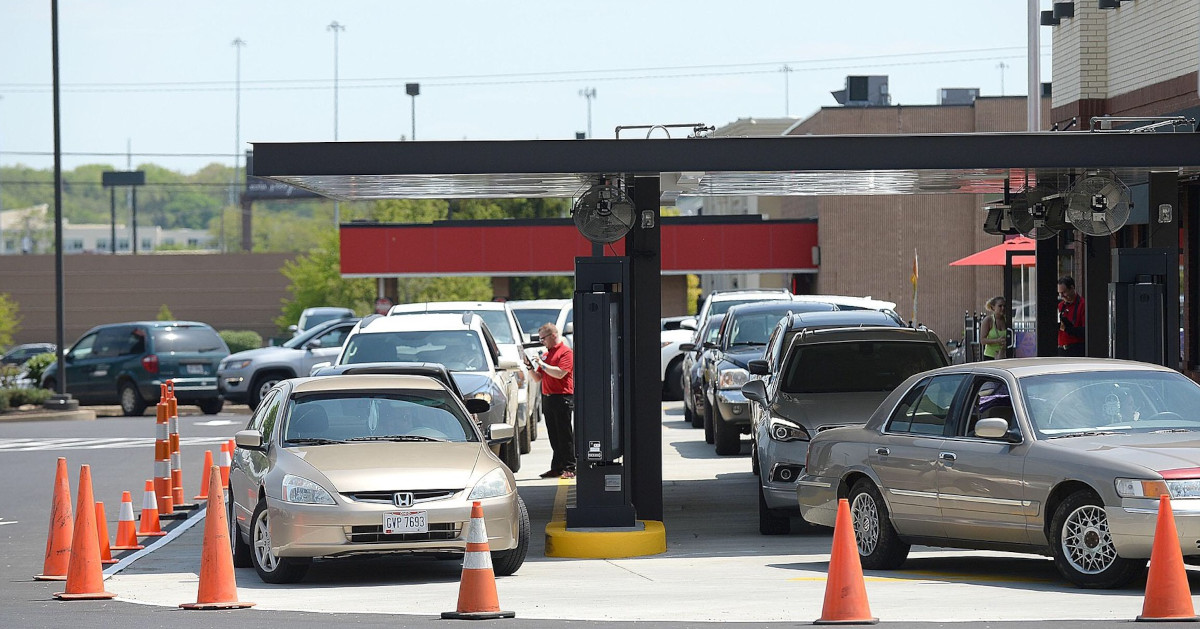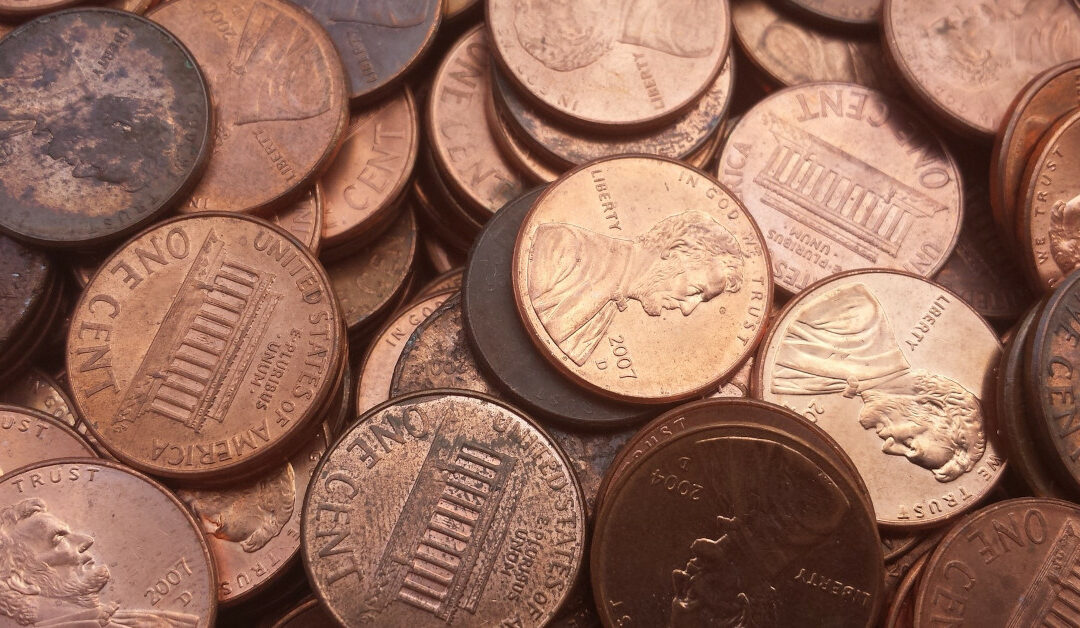One simple change in the way you live could save you up to $2000 a year and add 300 hours of usable time to your life.
Photo by Making Milly
Frugal isn’t Cheap—Use Your Money and Time Wisely.
If your boss offered you a $2000 a year raise and a 7 week paid vacation, and all you had to do was eat a better lunch every day that cost you less money, would you turn it down?
Regardless of your annual salary, $2000 dollars is a fair chunk of change. For someone counting pennies to feed their kids, it adds up to almost 40 dollars a week that could help fill the grocery cart.
Take that 2000 and multiply it 5 times and that turns into $10,000.
Are you interested now? If 10 grand was only a fraction of the potential increase in your spendable cash, would that grab your attention?
It really won’t cost you any time or money to get started and the $2000 is a very real outcome, but it’s only the beginning and only a small part of the big picture.
The real cost is a change in the way you think, plan, and take advantage of opportunities. Maybe you shift some time around to get a much bigger chunk of time in return. Very often, we reach for our wallets instead conserving our resources.
“There’s ten bucks in my wallet. I’ll get lunch from McD’s.”
When we need something, it is easy to choose the item that costs less, but is that always the best choice? If it breaks after three months and must be replaced, your money is gone, your product is gone, and you are left with nothing. Better to spend a little more for something of higher quality that lasts for years instead of a few months or weeks.
Consider three resources: money, time, material goods. Too often, we wish for extra cash or time or material goods and don’t realize that we had them but threw them away.
Be frugal with money. Save your time. Choose your material goods wisely.
Living Frugal does not have to mean enduring great sacrifice. What it requires is forethought and planning, and for most of us, a change in the way we go about our everyday lives. The result is a richer, fuller life today, tomorrow, and in the future.
Before we talk about what it means to live frugally, let’s go ahead and say that…
Frugal Does Not Mean Cheap
Frugal is wise. Cheap is just cheap.
We as a society have bricked ourselves into corners and can’t get out. The bricks are time, money, government, and habit. If we start by chipping away at the mortar, eventually we can knock down the whole wall. End your reliance on things that brick you in and you’ll find the savings in time and money, not to mention the decrease in daily frustration and stress, are substantial.
Start with something small such as a trip to the grocery store where you plan to buy dinner.
First ask yourself. Are you making a special trip just for dinner? Why didn’t you buy an entire week of food in one trip?
- No plan because you didn’t make a week-long menu.
- No time, but you wasted more time, gasoline, vehicle wear, and money on numerous trips.
Stop. Think. Take advantage of…
Opportunity
The local grocery store has chops on sale, but when you arrive to buy them, they are packaged in threes (the family pack) and there are only two of you for supper. The alternative are chops packaged singly, but they cost more per pound than the “family pack” of three.
Some people will buy the package of three because it’s more convenient. Others will buy two single packages because they only need two—both examples are missed opportunity.
The frugal shopper will buy two packages of three. Divide the six chops into three meals. and package two separate meals for the freezer. There are now two frugal meals stored in the freezer and the net gain is three meals (in one trip) at a sale price plus about one or two minutes of time.
Rethink the reasons for the way you do things and you may just…
Rethink Your Life and Make It Better
Lunch at the fast food restaurant. A line of cars sits idling as the drivers await their turn at the drive-up window. The engines are burning gasoline and polluting the air. During the peak periods of breakfast, lunch, and dinner, the line averages 10 to 20 cars.
Every. Single. Day.
Given an average time at the drive-up window of forty-five seconds, car number ten idles for just under eight minutes to order and receive a meal high in fat, sugar, and calories that probably leaves them less than satisfied and feeling sluggish. How many of those cars have more than one person in them? Probably not many. How many people-hours are wasted in this fashion every single day?
Just because you have an hour for lunch does not mean you should waste it waiting in line.
At lunch time, millions of people leave their place of work and use their resources to drive to the restaurant. Once there they use more gasoline waiting in the drive-up line. Their order costs five to ten dollars (or more) on a meal that would have cost them three dollars or less had they just spent a few minutes putting it together themselves.

This is a habit that wastes resources and results in a less than healthy lifestyle.
Resources:
- Driving – 15 minutes (7 1/2 minutes each way.)
- Waiting – 8 minutes.
- Eating – 10 minutes.
- Gasoline and Vehicle Wear – $0.50.
- Average cost of meal – $7.50.
These are your resources of time and money. Why are you throwing them away when you could…
Be Frugal—Step Back and Rethink
Stop driving to and from the fast-food restaurant for a meal of low-quality food. Take a few minutes to pack a nutritious lunch, eat at work, and take a walk outside. It saves time, money, gasoline, and wear and tear on your car. Meanwhile your health improves and you might just lose a few pounds for free.
The frugal habit and lifestyle resources:
- Driving – none.
- Waiting – none.
- Eating – 15 minutes.
- Meal Prep – 5 minutes.
- Gasoline and Vehicle Wear – None.
- Average cost of meal – $3.00.
Look at the net gains realized every week:
- Time gained – 12 minutes / day, 5 days a week = 60 minutes gained.
- Money saved
- 5 x $0.50 = $2.50 (Gasoline and vehicle wear)
- 5 x $4.50 = 22.50 ($7.50 fast food meal cost minus cost of brown bag lunch)
- = $25.00 saved per week.
The money and time you save is a part of…
The Frugal Big Picture
Just packing your lunch will save you $1250.00 per year ($25.00 per week x 50 weeks) and give you an additional 300 hours to do whatever you want.
If you take just one more small step and put the cream cheese on your own bagel or microwave your own breakfast sandwich, you can easily surpass $2000 a year in savings and still have your net gain of 300 hours. One or two minutes to prepare your breakfast can’t compare to waiting at a drive-up window and paying another $5.00 or more for a sandwich and a coffee.
Do you really, really need that Grande Mocha Cookie Crumble Frappuccino from Starbucks for $5.95 + tax + tip?
Do something with that 300 hours besides browsing Facebook or Instagram or whatever social media you indulge in. Save that for the odd moments when you can’t finish something else.
Pay bills. Balance the checking account. Work on the meal plan for next week and the shopping list to go with it. Exercise. Read a book. Doing something productive or useful is frugal.
One day you will find yourself planning the next “rethink” in your new way of living frugal.
We should probably talk about frugal grocery shopping.
